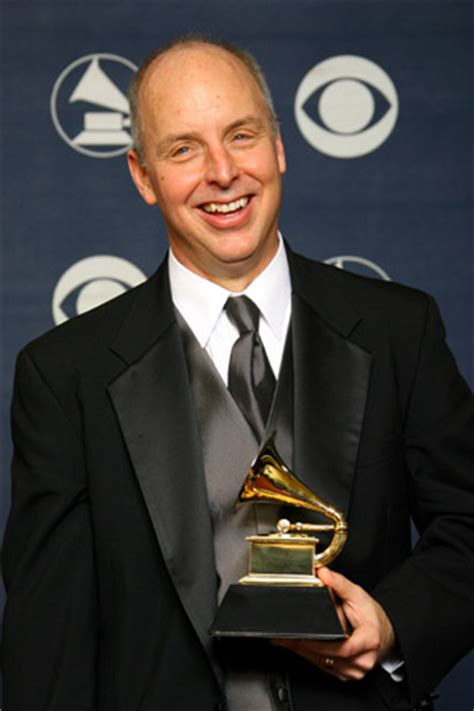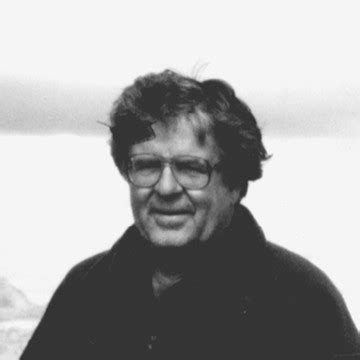A Quote by Julius Lester
I write because the lives of all of us are stories. If enough of those stories are told, then perhaps we will begin to see that our lives are the same story. The differences are merely in the details.
Related Quotes
What do you know about yourself? What are your stories? The ones you tell yourself, and the ones told by others. All of us begin somewhere. Though I suppose the truth is that we begin more than once; we begin many times. Over and over, we start our own tales, compose our own stories, whether our lives are short or long. Until at last all our beginnings come down to just one end, and the tale of who we are is done.
What does it matter, if we tell the same old stories? ...Stories tell us who we are. What we’re capable of. When we go out looking for stories we are, I think, in many ways going in search of ourselves, trying to find understanding of our lives, and the people around us. Stories, and language tell us what’s important.
We read novels because we need stories; we crave them; we can’t live without telling them and hearing them. Stories are how we make sense of our lives and of the world. When we’re distressed and go to therapy, our therapist’s job is to help us tell our story. Life doesn’t come with plots; it’s messy and chaotic; life is one damn, inexplicable thing after another. And we can’t have that. We insist on meaning. And so we tell stories so that our lives make sense.
Stories? We all spend our lives telling them, about this, about that, about people … But some? Some stories are so good we wish they’d never end. They’re so gripping that we’ll go without sleep just to see a little bit more. Some stories bring us laughter and sometimes they bring us tears … but isn’t that what a great story does? Makes you feel? Stories that are so powerful … they really are with us forever.
The desire for story is very, very deep in human beings. We are the only creature in the world that does this; we are the only creature that tells stories, and sometimes those are true stories and sometimes those are made up stories. Then there are the larger stories, the grand narratives that we live in, which are things like nation and family and clan and so on. Those stories are considered to be treated reverentially. They need to be part of the way in which we conduct the discourse of our lives and to prevent people from doing something very damaging to human nature.
So I found myself telling my own stories. It was strange: as I did it I realised how much we get shaped by our stories. It's like the stories of our lives make us the people we are. If someone had no stories, they wouldn't be human, wouldn't exist. And if my stories had been different I wouldn't be the person I am.
The Nigerian storyteller Ben Okri says that ‘In a fractured age, when cynicism is god, here is a possible heresy: we live by stories, we also live in them. One way or another we are living the stories planted in us early or along the way, or we are also living the stories we planted — knowingly or unknowingly — in ourselves. We live stories that either give our lives meaning or negate it with meaninglessness. If we change the stories we live by, quite possibly we change our lives.’
We tell stories to talk out the trouble in our lives, trouble otherwise so often so unspeakable. It is one of our main ways of making our lives sensible. Trying to live without stories can make us crazy. They help us recognize what we believe to be most valuable in the world, and help us identify what we hold demonic.
For many years now I have listened to the stories of people with cancer and other life-threatening illnesses as their counselor. From them I have learned how to enjoy the minute particulars of life once again, the grace of a hot cup of coffee, the presence of a friend, the blessing of having a new cake of soap or an hour without pain. Such humble experience is the stuff that many of the very best stories are made of. If we think we have no stories it is because we have not paid enough attention to our lives. Most of us live lives that are far richer and more meaningful than we appreciate.
Stories hold power because they convey the illusion that life has purpose and direction. Where God is absent from the lives of all but the most blessed, the writer, of all people, replaces that ordering principle. Stories make sense when so much around us is senseless, and perhaps what makes them most comforting is that, while life goes on and pain goes on, stories do us the favor of ending.



































